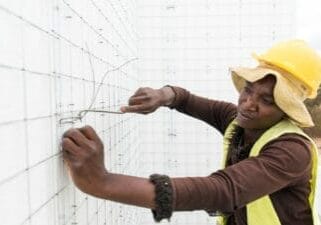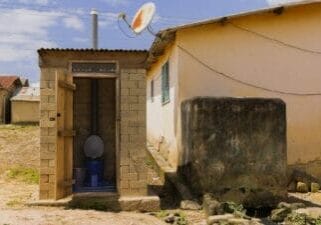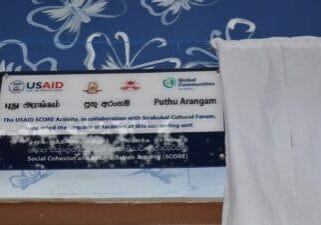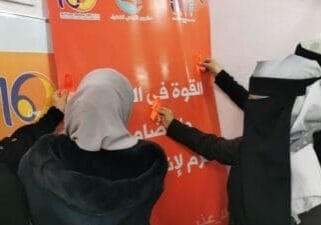News > Blog
Ending the “Triple Threat” of Early Pregnancies, New HIV Infections and Sexual Violence among Adolescent Girls & Young Women
Published 12/10/2022 by Global Communities
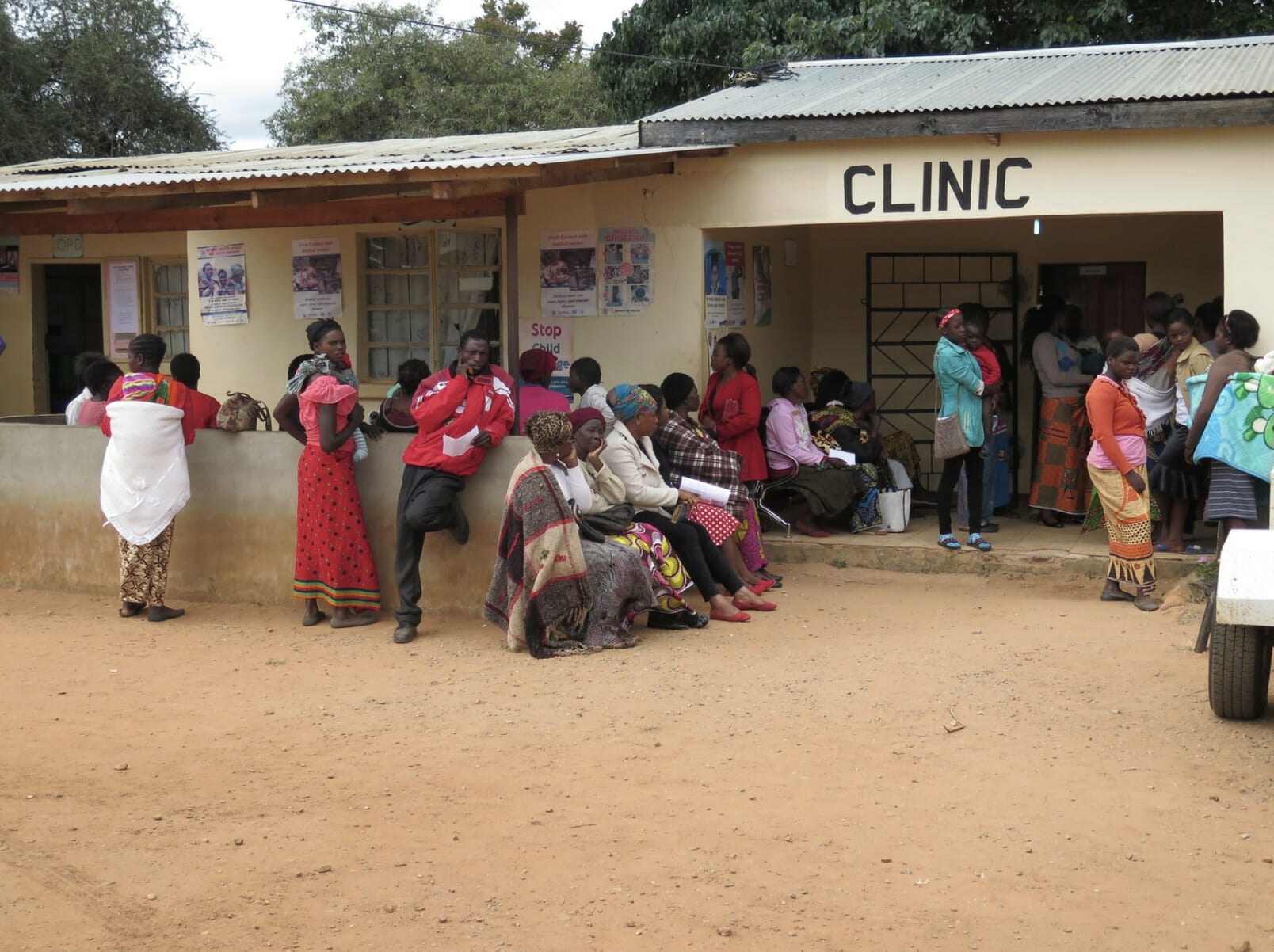
By Betty Adera
A single act of sexual violence against women and girls can result in HIV infections and other sexually transmitted diseases, resulting in shame, fear and trauma. However, for adolescent girls and young women (AGYW), sexual violence can also result in early pregnancy and childbearing, which carries its own stigma.
Globally, girls between 15 to 24 years of age have HIV infection rates twice as high as adolescent boys of the same age, accounting for 22% of all new HIV infections, and 31% of all new infections occurring in Sub-Saharan Africa. According to the United Nations International Children’s Emergency Fund (UNICEF), globally 15% of women give birth before their 18th birthday. Pregnancy or HIV infection could lead to an end to their education, procurement of unsafe abortions, mental health and livelihood challenges, HIV-related stigma, discrimination and a host of other health conditions, including death.

Violence against women and girls is an epidemic that affects 1 in 3 women throughout their lifetime. The numbers are staggering. A total of 35% of women worldwide have experienced either physical and/or sexual intimate partner violence or non-partner sexual violence, and globally 7% of women have been sexually assaulted by someone other than a partner. As many as 38% of murders of women worldwide are committed by an intimate partner and an estimated 200 million women and girls have experienced female genital mutilation.
These global and regional trends are unacceptable. Women and girls must be enabled to live their lives safely and free from fear of any form of violence. Global Communities, with support from the President’s Emergency Plan For AIDS Relief (PEPFAR) and the United States Agency for International Development (USAID), partners with national and regional governments, faith-based institutions, the private sector, local civil society organizations (CSOs), families — and especially boys and men — in Botswana, Zambia, Kenya and Rwanda to strengthen the agency of women and girls.
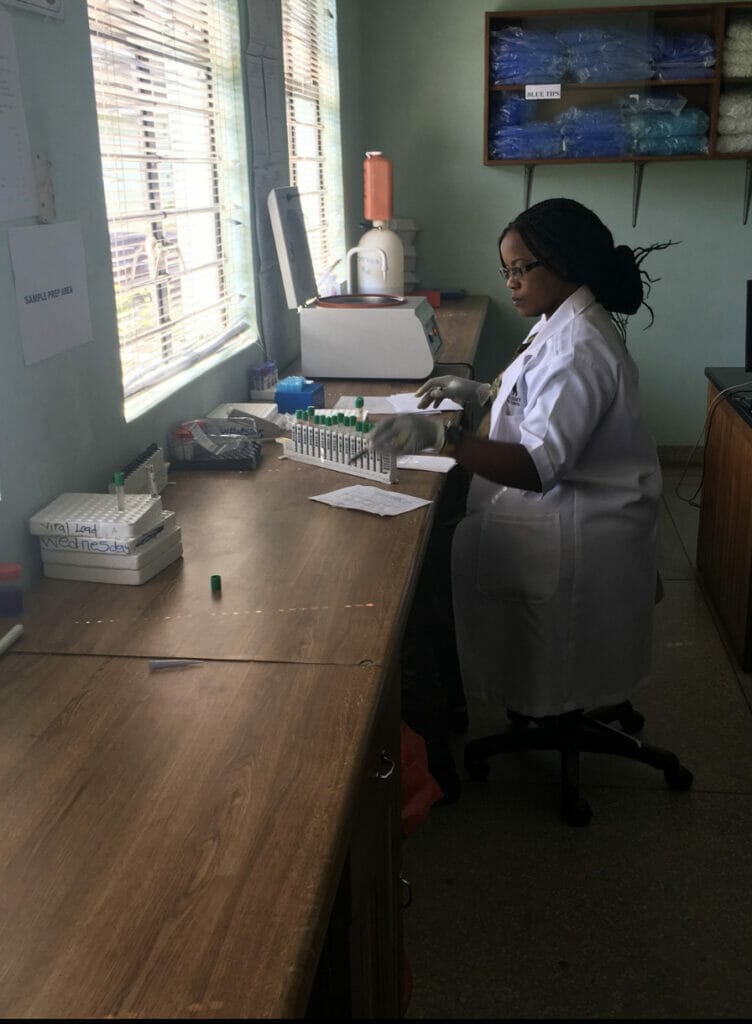
Global Communities is committed to disrupting and ending all forms of violence against women and girls in every country where we operate. Combatting this violence is not just about fighting to free women and girls, but to establish and maintain systems that work to protect them. Global Communities adopts systemic approaches that strengthen local grassroots, regional and national in-country responses by building capacity with multi-sectorial duty bearers for effective prevention of all forms of sexual gender-based violence.
A key response to violence against women and girls is economic empowerment. As such, programs are tailored to country-specific economic empowerment initiatives through evidence-based interventions, workforce readiness and low-cost savings-led microfinance approaches. The safe space model is also implemented for capacity building at individual, household and community levels to strengthen social systems that mitigate and help prevent the triple threat of early pregnancies, new HIV infections and sexual violence among AGYW.
These initiatives strategically promote the development of human and social capital among vulnerable communities and at-risk populations. Specific interventions include on-job coaching, job shadowing, apprenticeship, savings and loans groupings, business start-up support and linkages to employment opportunities. Through these programs, approximately 50,000 adolescent girls and young women between 10 to 24 years of age have been reached in Botswana, Kenya, Rwanda and Zambia.
As we recognize this year’s 16 Days of Activism Campaign and Human Rights Day, we reflect with emphasis on the role of economic empowerment of women and girls to prevent, mitigate and respond to all forms of violence, and in strengthening the resilience of women and girls. Global Communities joins the rest of the world in reflecting, connecting and collaborating to eliminate the triple threat of early pregnancies, new HIV infections and sexual violence among women and girls.

